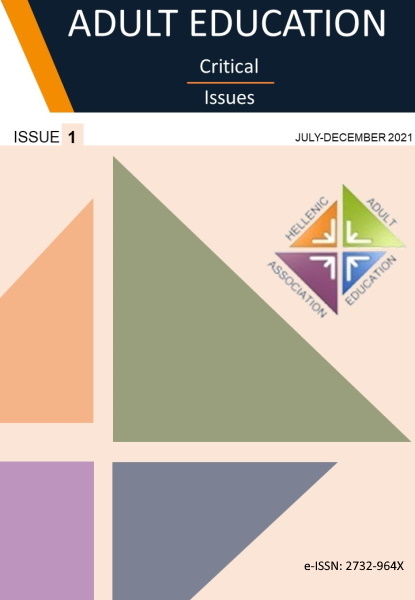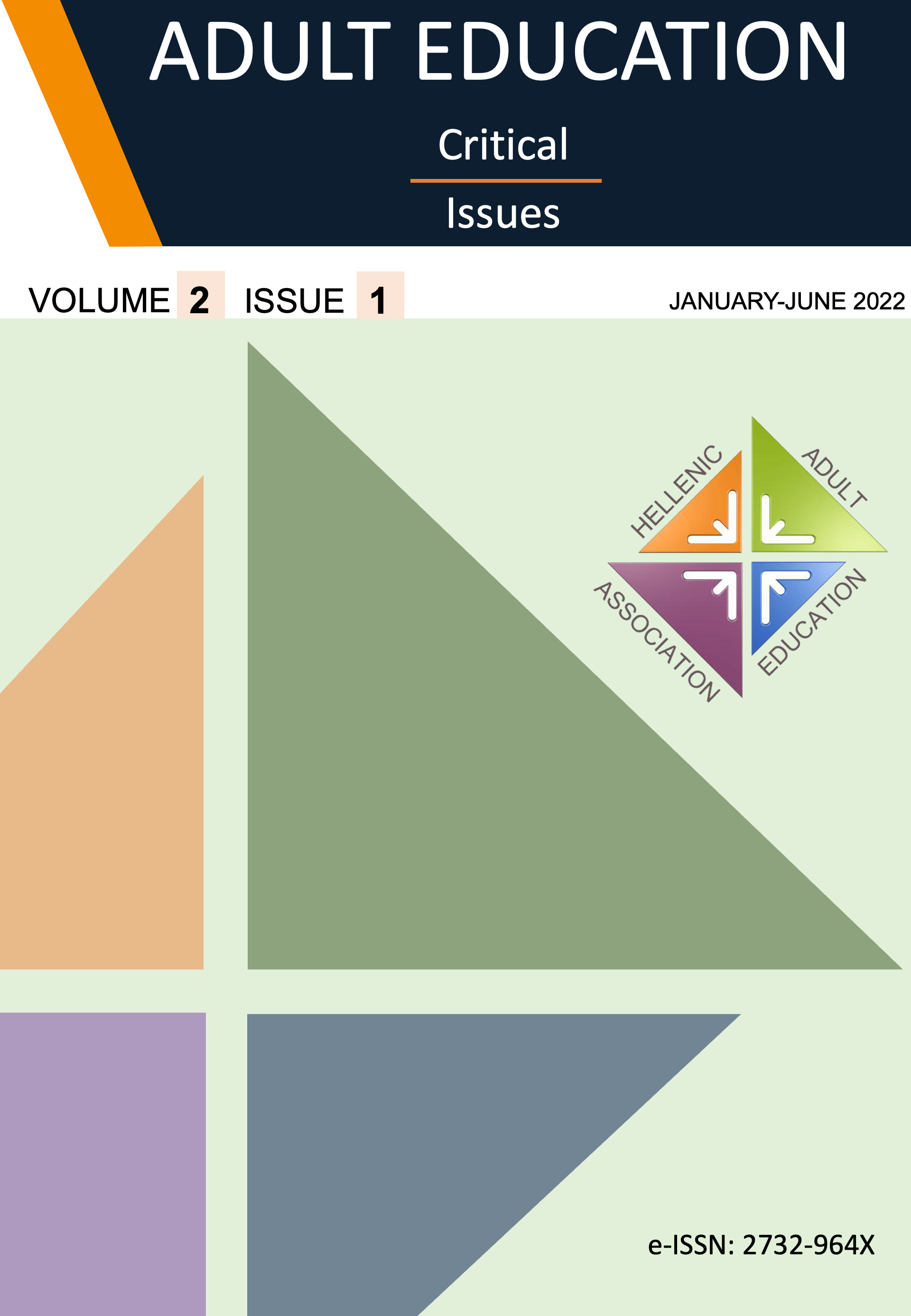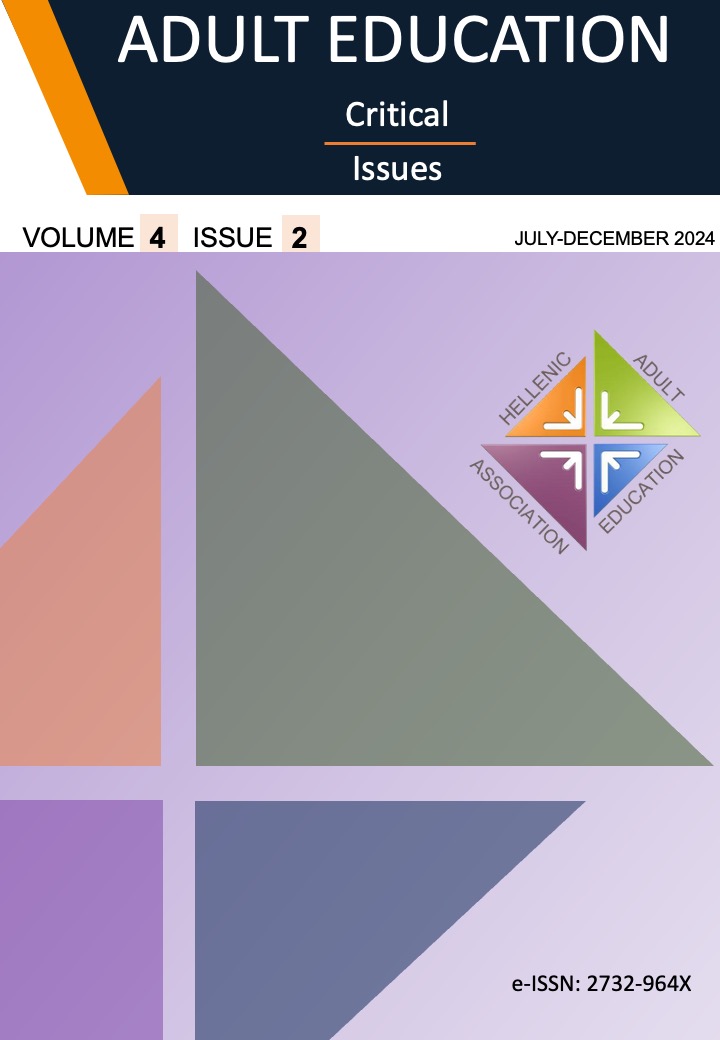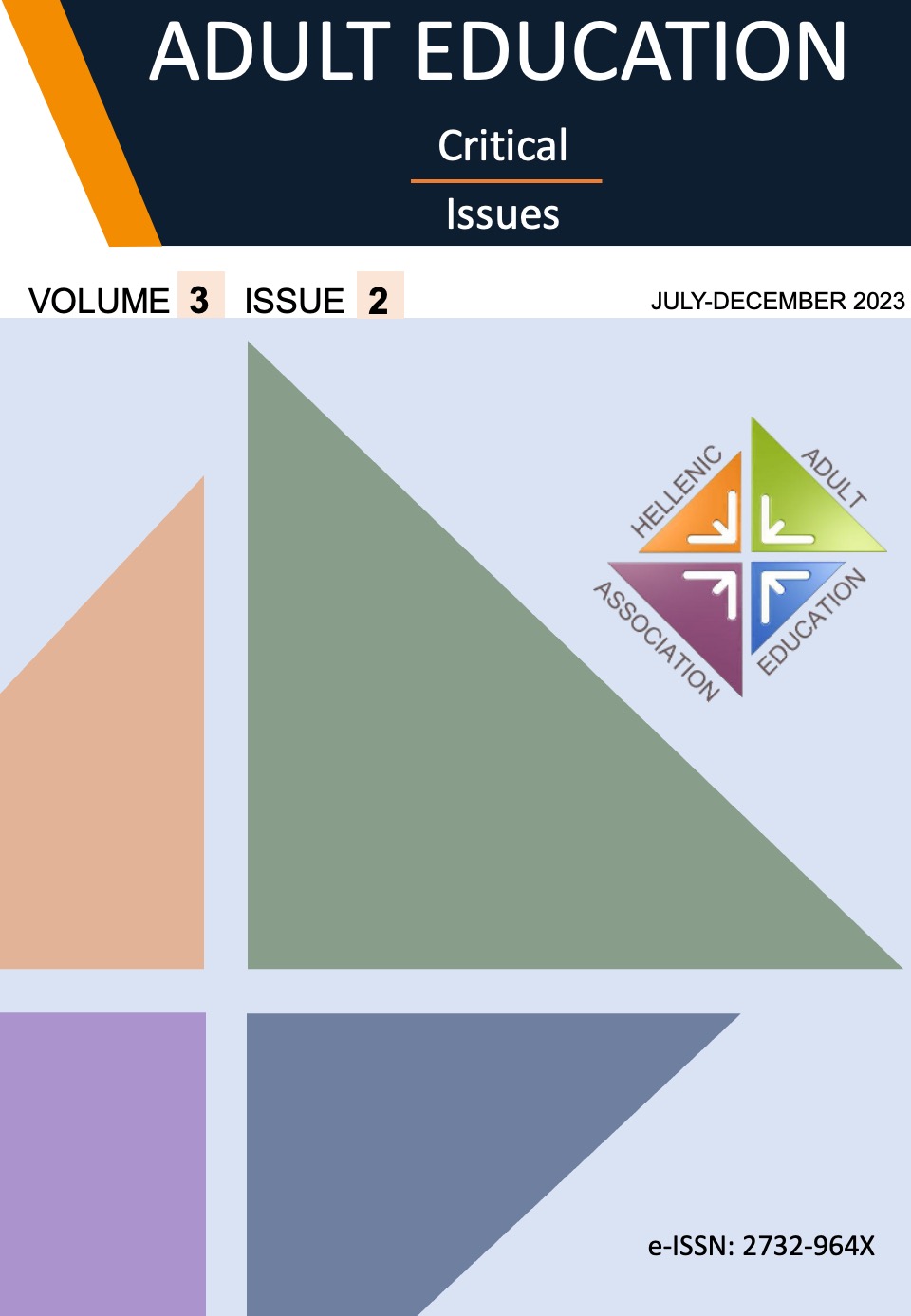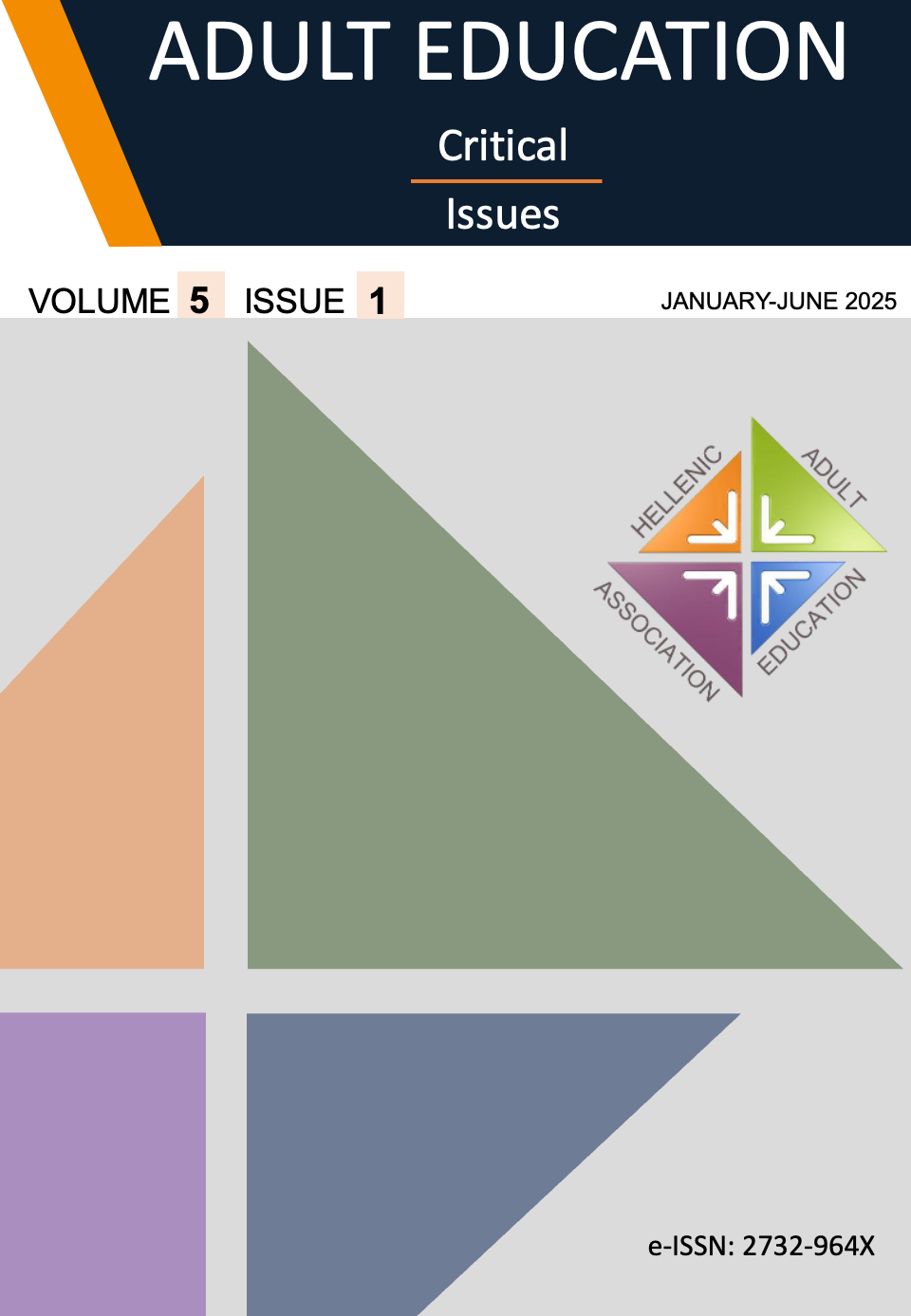Innovative Digital and Experiential Blended Learning Non-Formal Programme for Community Animators: Lessons learned
Résumé
An innovative blended learning non-formal programme was launched in 2018-2019 for professionals and volunteers, who were encouraged to develop their own social competences in order to work directly as community animators with vulnerable groups and promote social inclusion in Greece. The intervention, which lay within an ongoing experimental European project, COMANITY, was built upon the challenges emerged from harsh economic restraints, rising demand, restricted supply and diminishing resources in our society. Within this context, youth services are urged to increase their efficiency and effectiveness, encourage civil society to fill the gaps in service provision left by ‘mainstream’ supply and try to support young people to ‘help their peers’ by getting more of them to volunteer. Community Animator’s non-formal blended learning training programme was carried out online programme delivered to 109 participants out of 947 who applied and through an experiential face to face workshop that was delivered to 14 unemployed women aiming to raise awareness and critical understanding of the concepts of democracy, equality, advocacy, human rights and social cohesion. Peer learning methods and an action research methodology were employed in order to enhance young participants to act as agents for change and develop a holding environment for those youth at risk to be marginalized. By working on their own capacities and motives, personal attitudes and possible dysfunctional assumptions, young participants actively shared and confronted critically their views and concerns, realized the impact of space and time on their civic engagement and organized themselves in social action. The present study discusses the profile and satisfaction level of participants in the online digital programme and the profile and satisfaction level of participants on the blended learning experiential programme. The data suggests that blended programmes are necessary for developing action research skills and enhancing the role of community animators, even though online programmes on their own can also assist in raising awareness about the role of community animators.
Article Details
- Comment citer
-
Armaos, R., Cullen, J., & Tsiboukli, A. (2021). Innovative Digital and Experiential Blended Learning Non-Formal Programme for Community Animators: Lessons learned. Adult Education Critical Issues, 1(1), 32–40. https://doi.org/10.12681/aeci.28797
- Numéro
- Vol. 1 No 1 (2021): Τεύχος 1
- Rubrique
- Articles

Ce travail est disponible sous la licence Creative Commons Attribution 4.0 International .
Authors who publish with this journal agree to the following terms:
- Authors retain copyright and grant the journal right of first publication with the work simultaneously licensed under a Creative Commons Attribution License that allows others to share the work with an acknowledgement of the work's authorship and initial publication in this journal.
- Authors are able to enter into separate, additional contractual arrangements for the non-exclusive distribution of the journal's published version of the work (e.g., post it to an institutional repository or publish it in a book), with an acknowledgement of its initial publication in this journal.
- Authors are permitted and encouraged to post their work online (e.g., in institutional repositories or on their website) prior to and during the submission process, as it can lead to productive exchanges, as well as earlier and greater citation of published work (See The Effect of Open Access).

